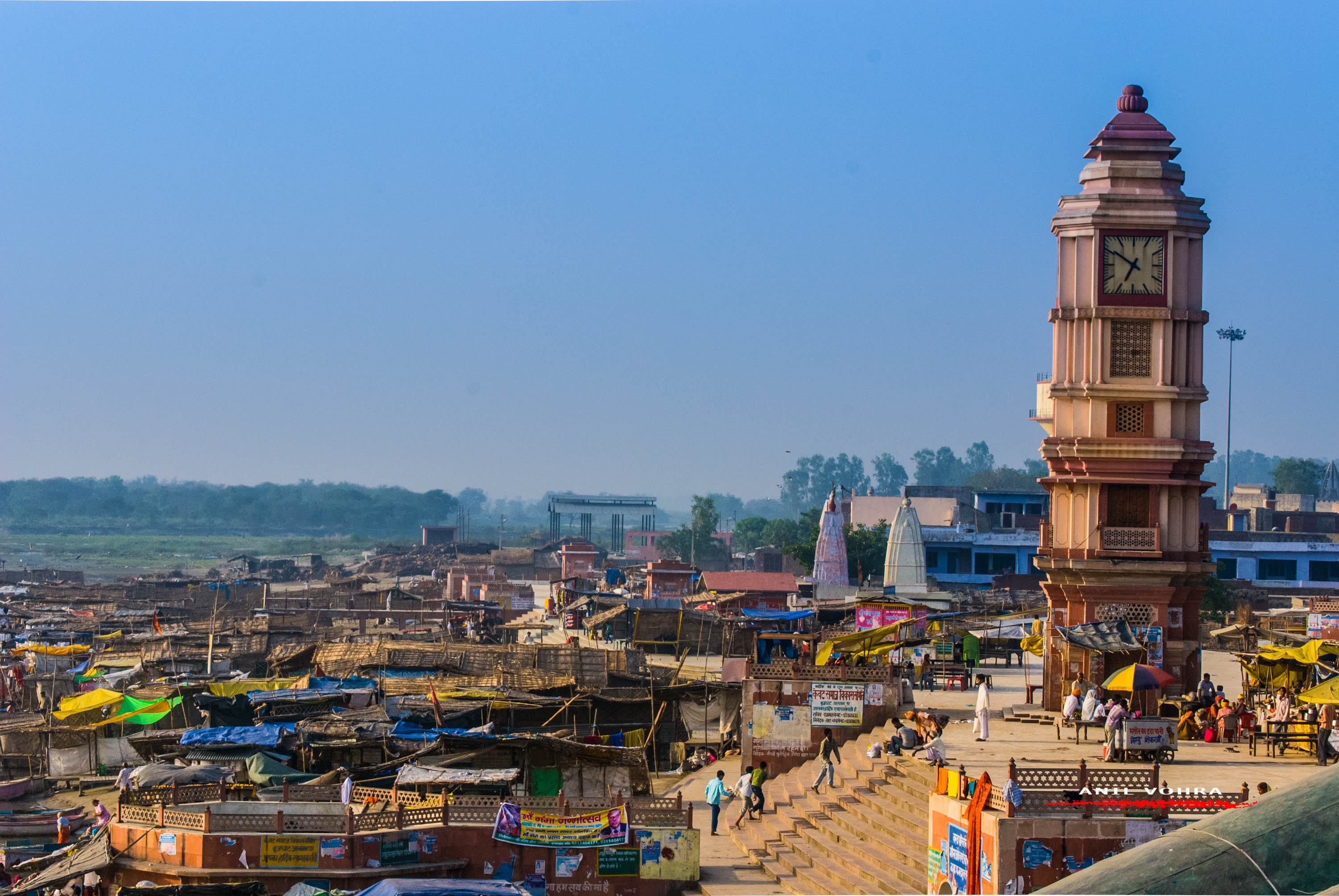Namkaran Sanskar
Namkaran Puja is one of the 16 Sanskar in Hindu and a sacred Hindu naming ceremony performed for a newborn baby. This important Samskara is conducted to officially give the child a name, according to the baby’s Janam Nakshatra. The ritual is believed to play a vital role in shaping the child’s personality, destiny, and spiritual growth.

Muhurat for Namkaran Puja
Namkaran Puja or the Hindu naming ceremony is ideally performed on the 11th day after childbirth, at an auspicious Muhurat suggested by a Poojat pandit.
Fasting Guidlines
Fasting is not mandatory for Namkaran Pooja, but please consult Pandit for local tradition
Procedure of Namkaran Puja
The ceremony begins with Gauri Ganesh Puja, followed by Kalash Puja and Punyaha Vachanam. After this, the pandit performs the main Namkaran ritual by softly whispering the chosen name into the baby’s right ear while chanting sacred Vedic mantras. A Havan is also performed for Graha Shanti, to remove any negative planetary effects from the child’s horoscope and to bless the baby with good health and prosperity.
Benefits of Namkaran Puja
- Provides the baby with an official and auspicious name for identity and Sankalp.
- Helps in performing Graha Shanti to reduce the effects of Graha Dosh.
- Brings positive energy, protection, and divine blessings for the child’s healthy future.
- Strengthens the spiritual foundation of the newborn.
Book Pandit for Namkaran Sanskar


6519 Bookings


7046 Bookings


3995 Bookings


7283 Bookings


9436 Bookings


7847 Bookings
Pooja's FAQ
Namkaran Sanskar is the Hindu naming ceremony conducted to give a formal name to a newborn baby. It is a significant ritual in Hindu culture, and the chosen name often carries cultural and family significance.
Namkaran Sanskar is typically performed on the 11th or 12th day after the baby's birth. However, the timing may vary based on regional customs, family traditions, and other considerations.
The Namkaran Sanskar is usually conducted by the family elders, parents, or a priest. The individual conducting the ceremony may perform various rituals, including choosing an auspicious letter for the baby's name.
The key rituals in Namkaran Sanskar may include a prayer to Lord Ganesha for blessings, the selection of an auspicious letter for the baby's name, the writing of the chosen name, and offering prayers to seek divine blessings for the child.
Certainly, you have the flexibility to alter the date and time of the pooja. Kindly get in touch with POOJAT customer care for coordination.
After booking a pooja with a pandit or temple, you will receive the pandit's contact number in the booking section. Feel free to reach out to confirm details and discuss any specific requirements.
Feel free to contact the pandit ji for guidance on samagri and other arrangements by making a call.
While Namkaran Sanskar is traditionally associated with newborns, there is no strict prohibition against conducting a naming ceremony for older children or adults who were not named ceremonially.






















 Hindi, Sanskrit
Hindi, Sanskrit

 Noida
Noida


